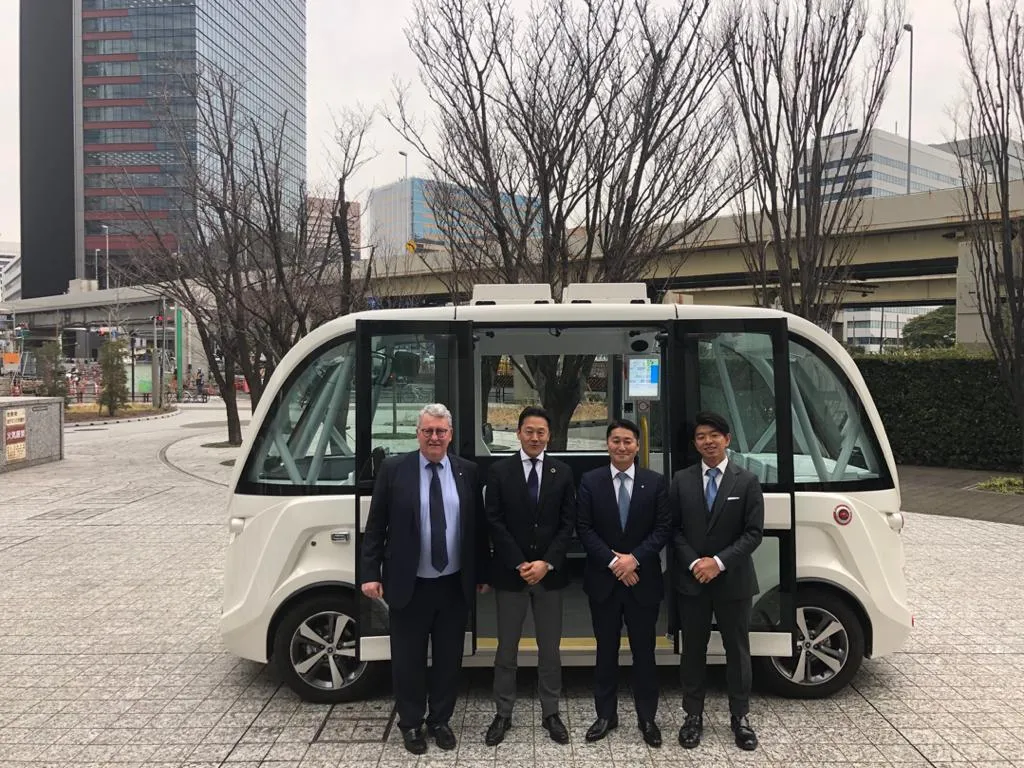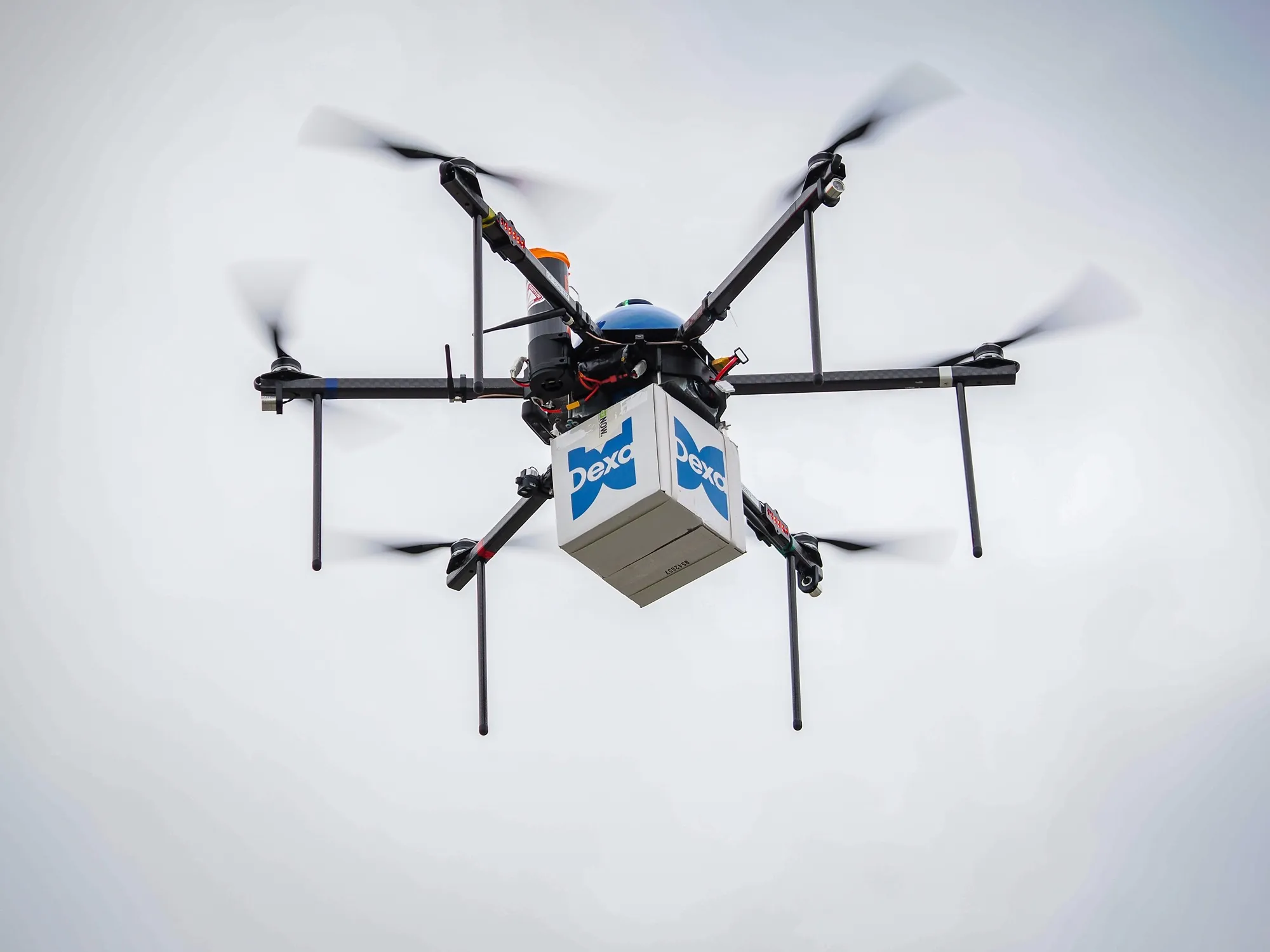Navya is to deploy autonomous electric shuttles in the Japanese city of Sakai in April.
By Ben Spencer
February 24, 2020
Read time: 1 min

The company says this is to address a shortage of bus and taxi drivers.
Henri Coron, chief business development officer at Navya, says deployment comes only six months after obtaining permission to operate on public roads in Japan and is part of an agreement with Softbank subsidiary SB Drive.
Navya says the city will use SB Drive’s fleet management system to remotely monitor the Autonom shuttles. The vehicles will be operated by digital solutions group Macnica on routes that connect medical facilities, post offices, schools and banks.








